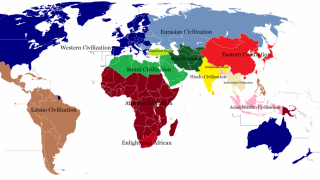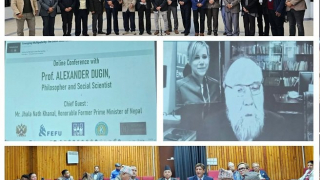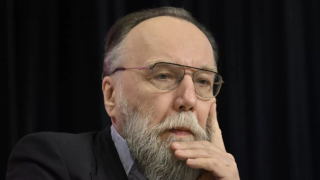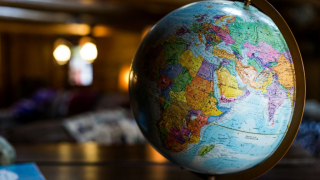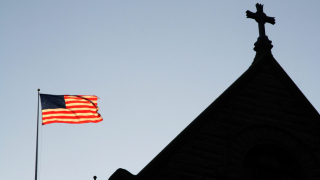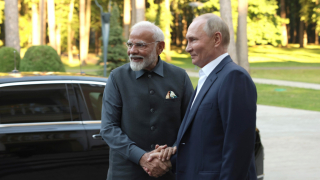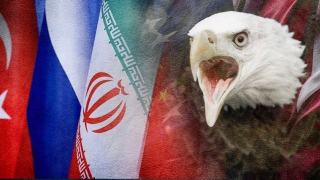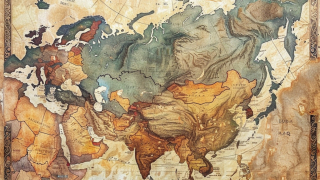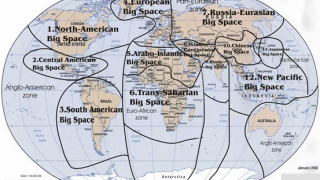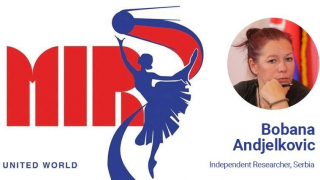multipolarity
Kathmandu Dialogue with Dugin
Dugin is a product of lived Russian history. Though born into a family of a Soviet military intelligence officer, he came of age during the period that Gorbachev has termed Brezhnevite stagnation when the Soviet communist system was failing economically, culturally and politically. The youth were looking for alternatives across the spectrum from the occult to the irridentist and much in between.
Alexander Dugin, The Great Awakening, And Russian Higher Education Reform
I originally envisioned this article as a review of five semi-randomly selected books by esteemed Russian Professor Alexander Dugin.
The End of American Hegemony How the World is Rebuilding a New Multipolar Order
Today, the world stands at a crossroads—a dangerous yet transformative moment—marked by the collapse of traditional power structures and the emergence of a multipolar world order. This transformation is not merely a matter of geopolitical reorganization; it signifies a break from decades of Western domination, especially by the United States and its key allies, and offers an opportunity for historically oppressed peoples to rise and align with the ascending powers in global politics.
The Ugliness of Western Arrogance and the Beauty of Repentance
The Global South, by far the majority of people in the world, are becoming more estranged from the West and her dictatorial head, the deep state in Washington, DC, as the weeks roll by.
Informal meeting with Prime Minister of India Narendra Modi
The Prime Minister of India is in Russia on a two-day official visit.
Principles for unity of different political systems against the collective West
On 5 April 2024, in Kaliningrad, Russian Federation, a round table was held in connection with the celebration of the 300th anniversary of the birth of Immanuel Kant. Its title: “On the importance of the principles of peaceful coexistence of states with different political systems to ensure genuine peace and sustainable security in the 21st century. Immanuel Kant’s legacy”. The conference was held at the Baltic Federal University as part of the expansion and intensification of the work of the “Friends of Russia Club” with the support of the United Russia Party (Russia). Politicians and public figures from Azerbaijan, Cambodia, India, Latvia, Lebanon, Moldova, Norway, Pakistan, Russia, South Africa, Türkiye and the USA took part in the event in person and online.
Eurasiatism, from theory to practice
As an organization, the EEU was created for the economic integration of the post-Soviet space through the implementation of the four freedoms - freedom of movement of goods, services, capital and labour. In other words, we are mainly talking about the creation of common markets and barrier-free access to the market of any EAEU member state.
Multipolarity as a fact
Multipolarity is a fact and not some falsifiable academic theory, especially by those who obsessively wish for a utopian unipolar hegemony of the USA. Events are running faster than the international system's adoption of the theory of a multipolar world.
World War II and Europe
UWI documents in the following days some speeches delivered in the congress. Today we publish the speech of Bobana Andjelkovic, independent researcher from Serbia.

